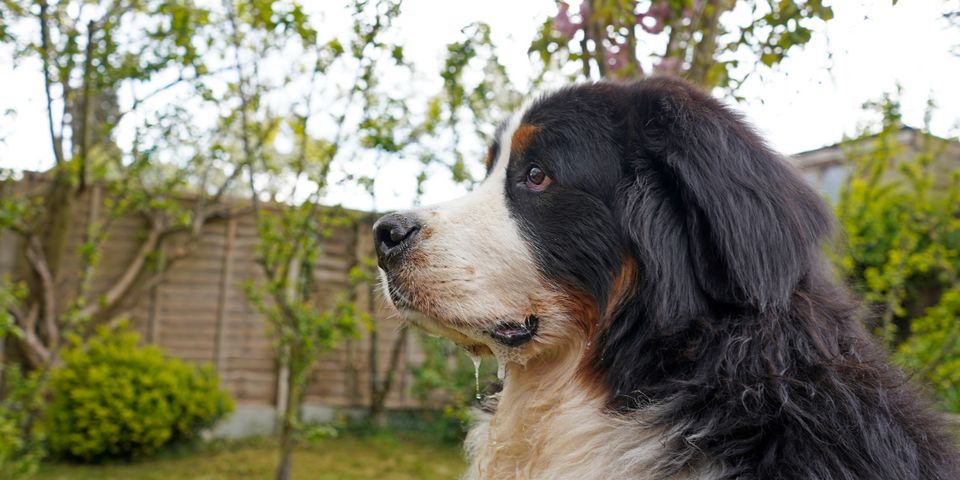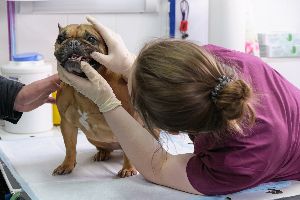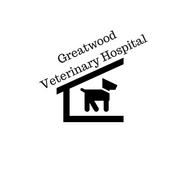
Dogs can experience cavities, chipped teeth, and other dental issues just like a human. These problems may sound minor, but poor oral health can cause serious discomfort and lead to other issues. Help keep your four-pawed friend’s mouth healthy by watching for these signs of dental trouble and scheduling a preventative care appointment at an animal hospital when you notice them.
What Are Common Indicators of Canine Tooth Problems?
1. Excess Saliva
When experiencing tooth or mouth pain, dogs automatically produce more drool. While this may provide them with temporary relief, the pain will grow more pronounced without proper veterinary care. There isn't much space between the sinus cavity and the mouth, so tooth problems can also cause increased sneezing and a runny nose.
2. Stinking Breath
Plaque buildup, gum disease, and tooth decay can all cause a pet’s breath to turn bad. Not everything a dog eats will smell good to a human nose, so make sure you aren’t just catching a whiff of their latest snack. Odors caused by dental issues will be persistent and slightly sour. Schedule an oral cleaning at your local animal hospital to get any excess plaque removed and to check for more serious dental issues.
3. Trouble Chewing
It takes a lot of pain for a dog to give up on eating completely, but observant owners might notice subtle changes in chewing behaviors. Watch for slower-than-usual eating, sudden dropping of food midbite, or swallowing without chewing. Dogs may also start making extra whines and growls while eating or seem like they’re trying to chew on one side only. Reach out to a veterinarian any time a dog’s eating habits undergo sudden changes.
4. Touch Avoidance

Pain can make petting less appealing to a usually friendly dog. If your pet turns away from head scratches or seems irritable when its head is touched, it may be dealing with dental pain. Never pressure a pet to accept unwanted caresses, as even the most mild-mannered animal can react poorly when their cues are being ignored. An animal hospital will have the knowledge and tools to safely inspect your dog’s mouth and determine the cause of the pain.
5. Visible Swelling
Knowing what a healthy mouth looks like can help you spot developing issues. Tooth problems can cause swelling and discoloration in the gums. Swelling can also show up on the outside of the mouth around the jaw and eyes. If bleeding accompanies these lumps and bumps, the issue may require emergency care, so check your pet’s mouth regularly for these signs.
If you’re worried your dog might need dental care, contact Greatwood Veterinary Hospital in Richmond, TX. This fully equipped animal hospital has been serving pets and their owners for the past decade with everything from oral health treatments to in-house surgery. Their caring veterinarians provide individualized services for every animal. Use their online pet health checker tool for help with understanding your dog’s symptoms, or call (281) 342-7770 to schedule an appointment.
About the Business
(63 reviews)
Have a question? Ask the experts!
Send your question

